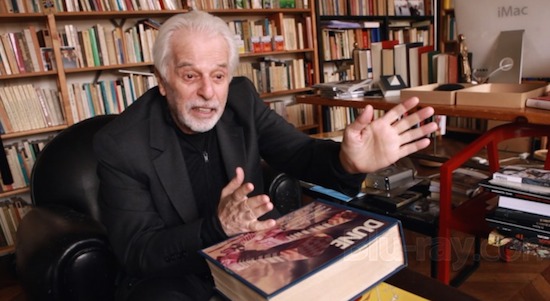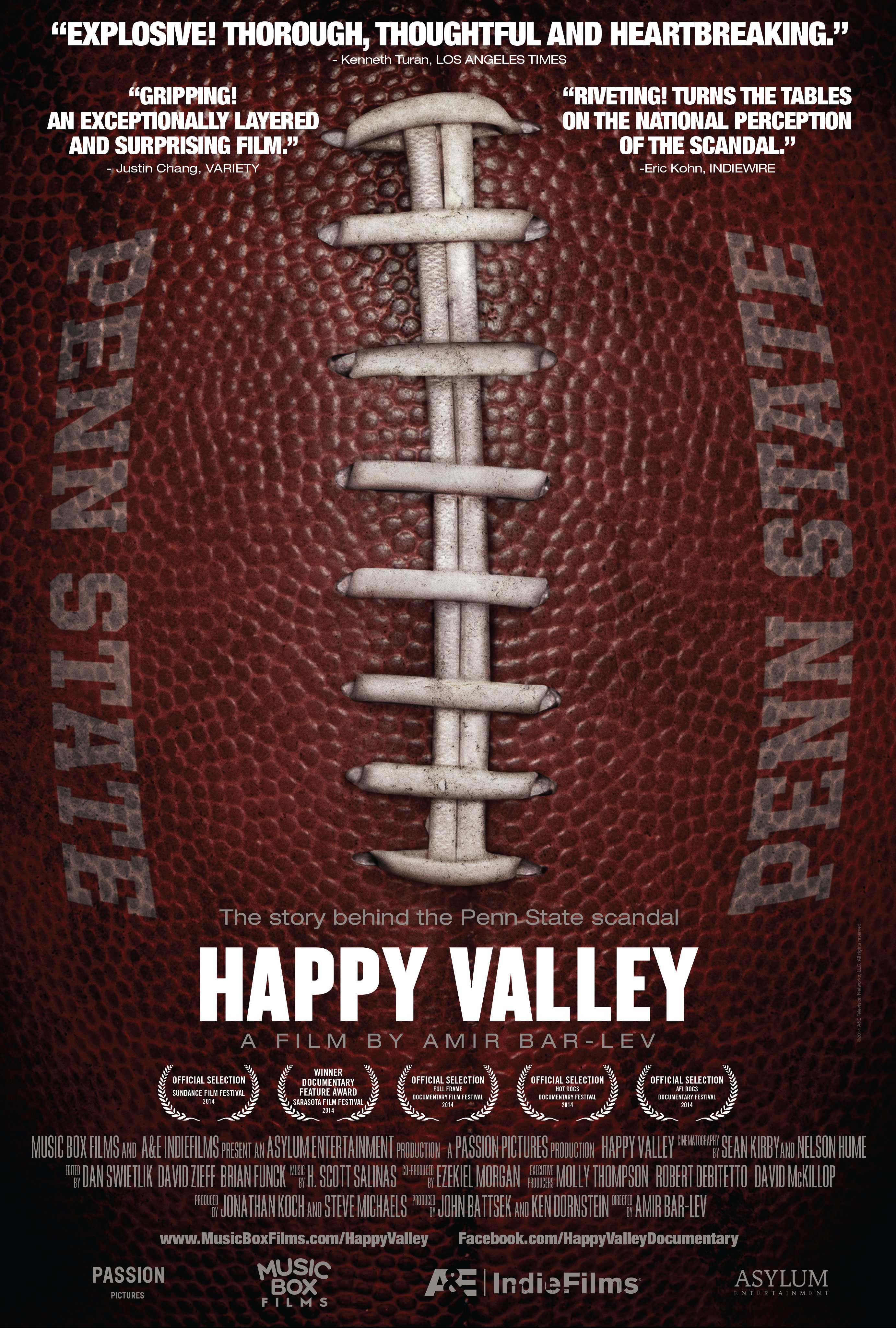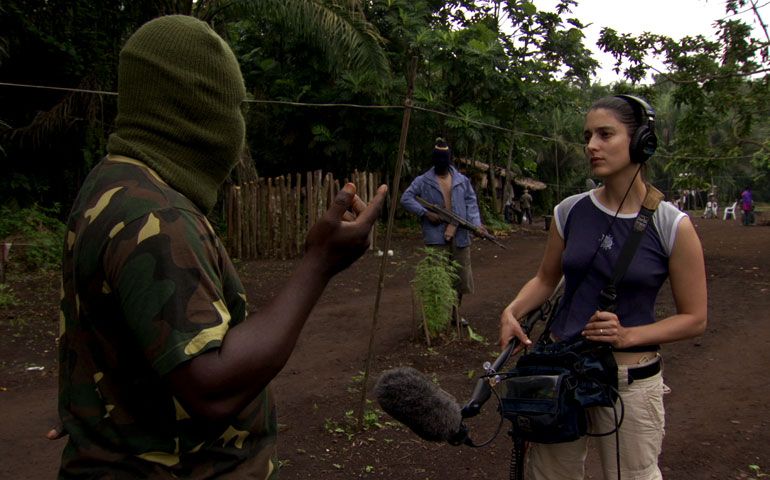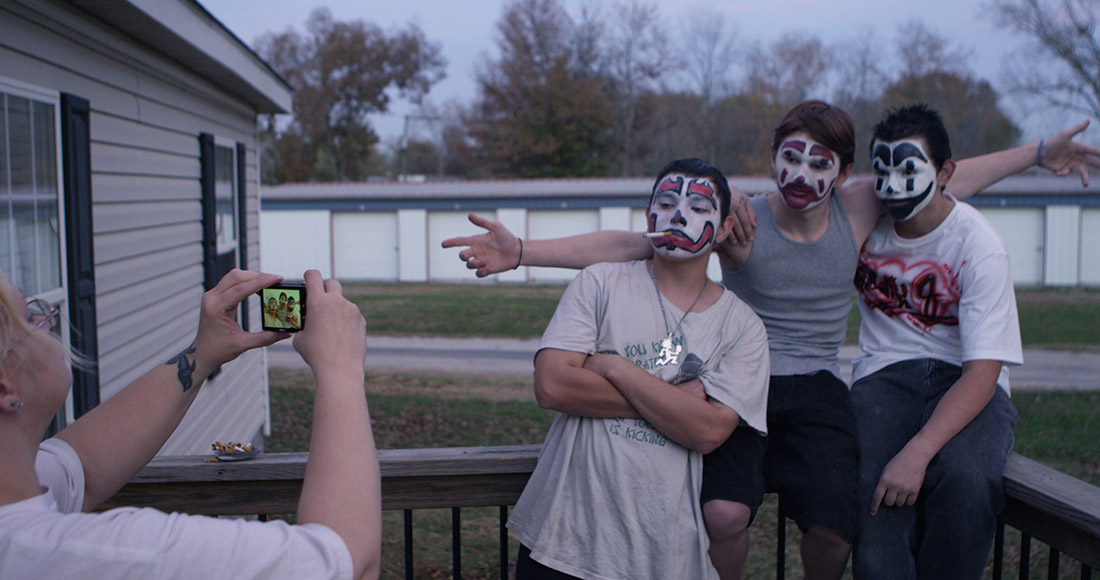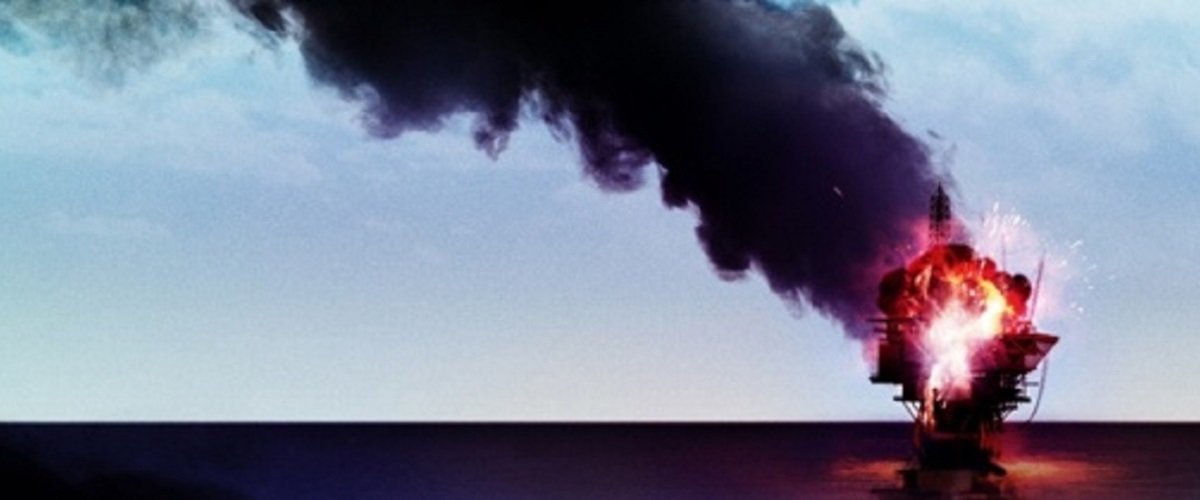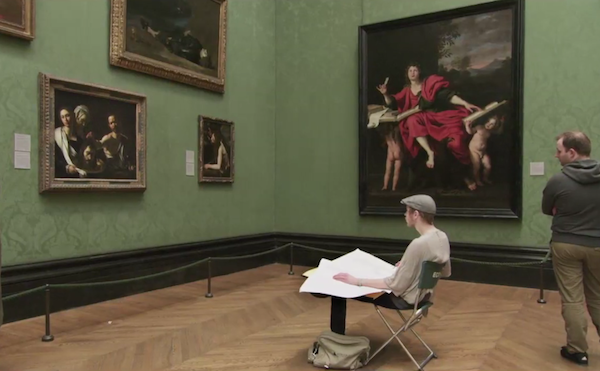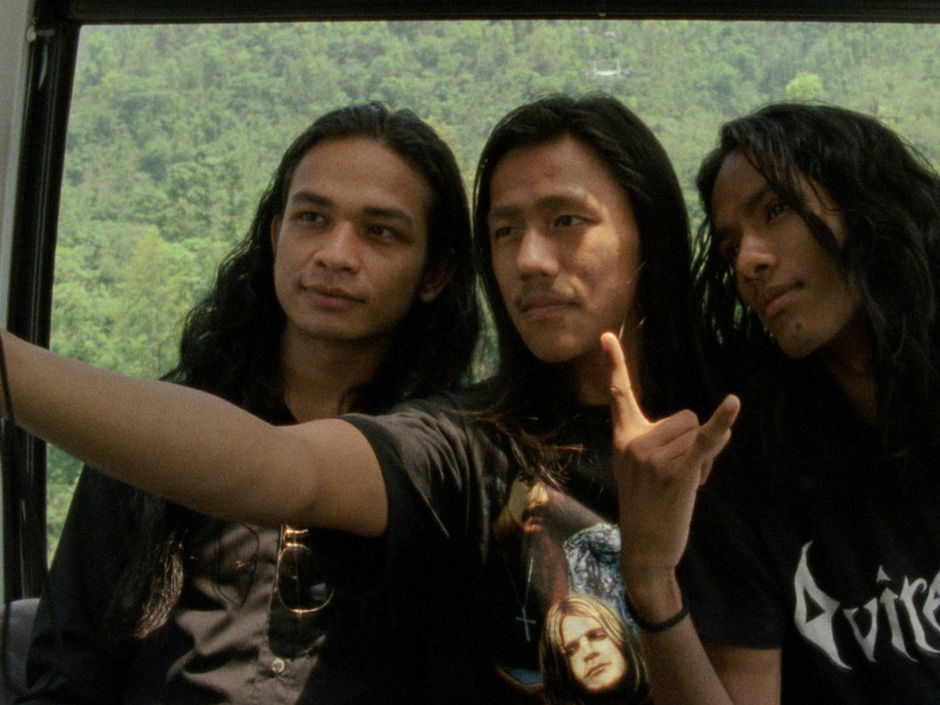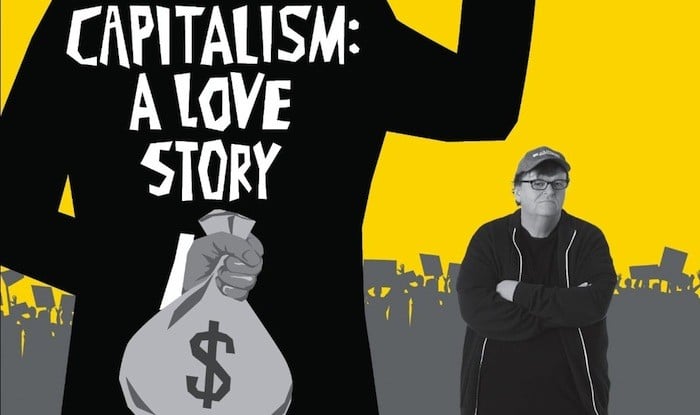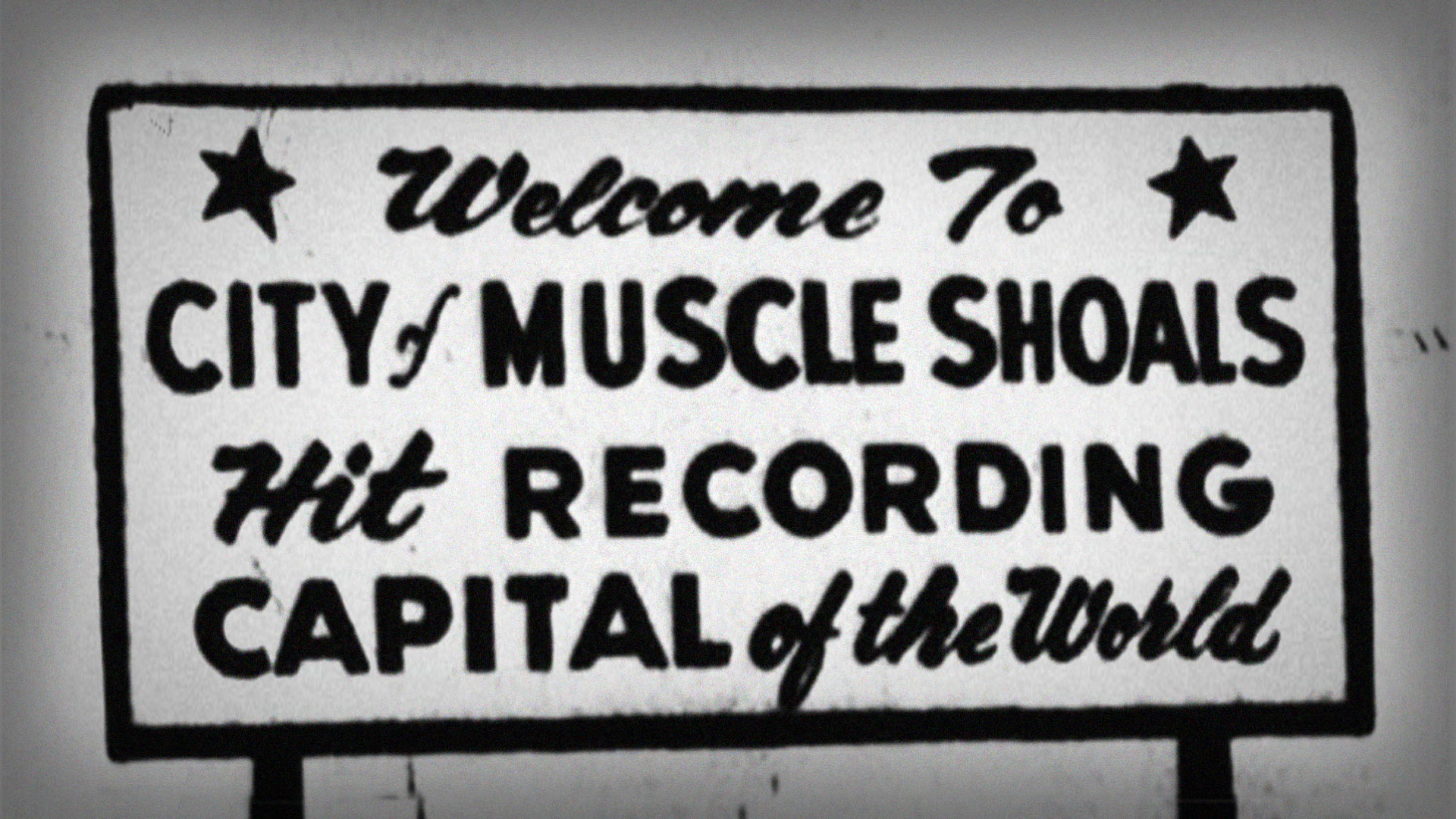Jodorowsky’s Dune
Director: Frank Pavich, Watched at: True/False Film Festival, Rating: 3.5/5. I missed Alejandro Jodorowsky’s El Topo when it first showed up on midnight movie screens in the ‘70s. A decade ago during the Chicago Underground Film Festival, the director was in attendance to introduce a special screening of the film. It struck me while finally getting a chance to see El Topo that it could be viewed as either a surrealist masterpiece or a load of shit, depending on whatever drug you ingested that night. I happened to be straight, and also distracted by the botched screening of my own documentary at the festival earlier in the week. So perhaps I didn’t have the patience to appreciate “Jodo’s” trippy, outlandish intentions with the movie, nor was I aware of its blockbuster reputation among the bohemian esoterica. But right now, as I write this, I’m awaiting my Netflix delivery of the film, flush with an anticipation ignited by the experience of seeing the documentary Jodorowsky’s Dune, which not only seeks to canonize the director and his offbeat oeuvre, but to also explain how the now 85-year old filmmaker came to direct the “greatest movie never made.” Jodorowsky, riding high in 1975 with European box-office cash and weirdo cred following the runaway success of both El Topo and its sequel, The Holy Mountain, secured the rights to Frank Herbert's science fiction novel “Dune.” Even though he’d never read the book, he began work on the screenplay and storyboards for a film that, at least on paper, had the [...]

